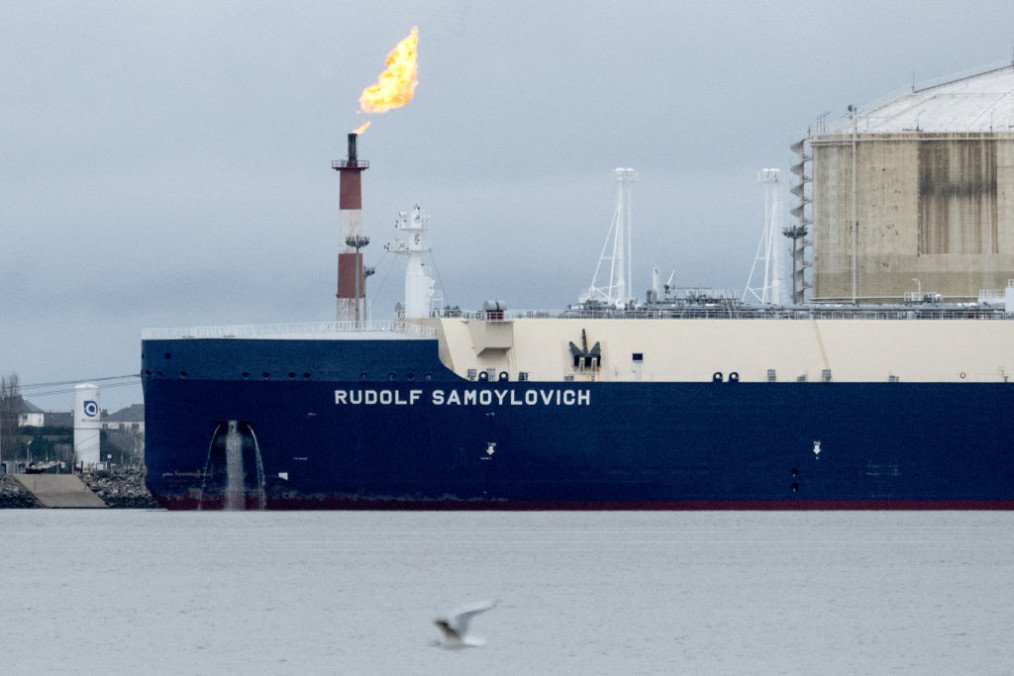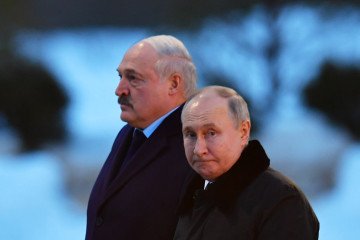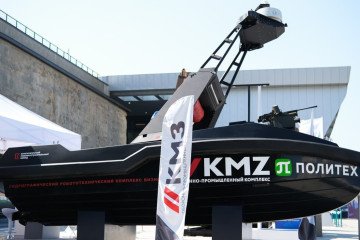While the EU has imposed restrictions on Russian oil imports, natural gas purchases remain largely unrestricted. Although France is the leading importer of Russian LNG within the bloc, overall EU imports of the fuel increased by 7% during the same period.
A surge in Russian liquefied natural gas (LNG) imports to France has raised questions amid the European Union’s efforts to reduce its reliance on Russian energy.
New data reveals that French imports of Russian LNG more than doubled in the first half of 2024 compared to the same period last year.
Oleh Savytskyi of Razom We Stand, a non-profit advocating for stricter sanctions, described the EU’s progress on phasing out Russian fossil fuels as “appallingly off track”. He accused countries buying Russian LNG of undermining the continent’s energy transition and providing billions of euros to support the Kremlin’s war effort.
The analysis was conducted by the Institute for Energy Economics and Financial Analysis (IEEFA), which found that France imported nearly 4.4 billion cubic meters of Russian LNG in the first half of 2024, compared to just over 2 billion cubic meters in the same period the previous year.
French energy giant TotalEnergies, a major importer of Russian LNG, defended its actions, citing existing contracts signed before the Ukraine invasion. The French government attributed the increase in Russian LNG imports to disruptions in supply routes from the Middle East caused by Houthi rebel attacks on ships in the Suez Canal.
However, data shows that France simultaneously reduced imports from other suppliers, including the U.S., Angola, Cameroon, Egypt, and Nigeria, by a similar volume to the increase in Russian LNG. This suggests that the rise in Russian imports may be driven by economic factors rather than supply chain issues.
Experts believe that the increased imports are likely profitable for traders, as Russian LNG is typically sold at a discount due to lower demand. Additionally, while French domestic gas consumption declined, exports to Belgium surged, indicating potential re-exportation of Russian gas.
Despite the increase in Russian LNG imports, the EU Commission maintains that overall imports of Russian gas have fallen significantly since 2021. However, critics argue that the bloc should implement a complete embargo on Russian fossil fuels to effectively support Ukraine and accelerate the transition to clean energy.
-ba02b3bc86f0b624f99115809a6a34d0.jpg)







